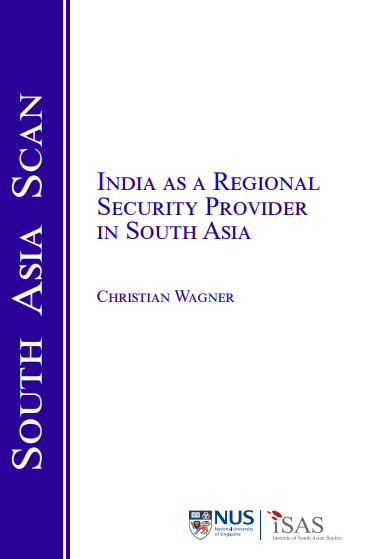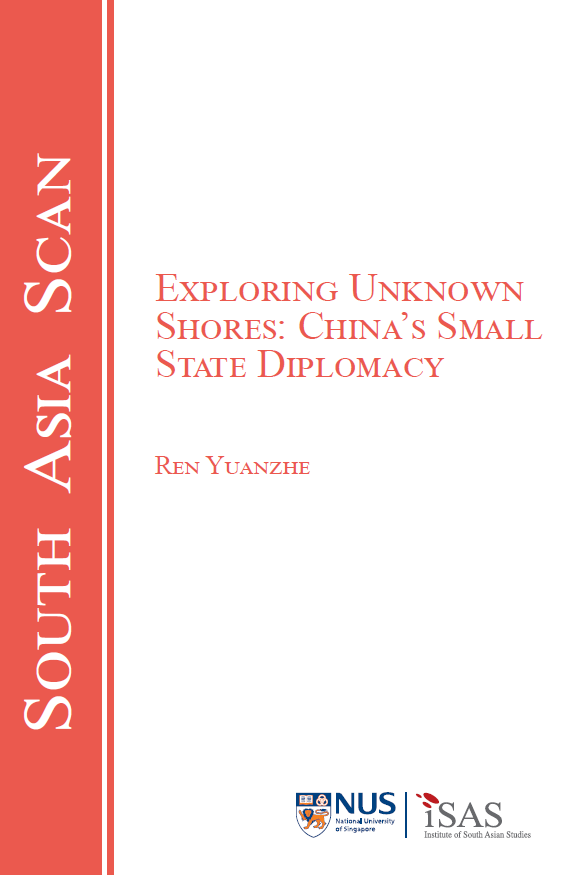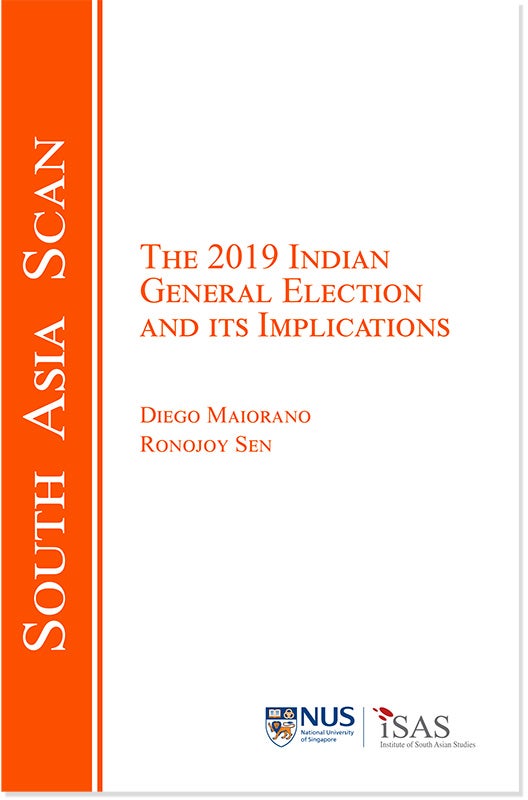
| Title: | Narendra Modi And The Transformation Of India’s Pakistan Policy |
| Author/s: | John Joseph Vater, Yogesh Joshi |
| Abstract: | This publication argues that the Modi government has revised India’s Pakistan policy from one of strategic restraint to realist strategic assertiveness. India’s assertive upgrading of its foreign policy can thus be explained by a combination of external and internal factors. On the external security front, India’s failure to credibly deter Pakistan’s revanchism; India’s upsized military and economic capabilities; flexibility to pursue its national interest on its northwestern frontier with fewer fears of international reprisal; and the potential terror threat of radicals moving from Syria to Afghanistan-Pakistan and on to Kashmir, have collectively galvanised the Modi government to act more proactively against Pakistan. Domestically, the BJP’s 2019 general elections victory has empowered Modi to take a zero-tolerance policy. This zero-tolerance policy is also attributable to the prime minister’s strongman leadership style and the nationalistic support he garnered by confronting Pakistan during the election season. Finally, the BJP’s majority in Parliament has enabled the government to advance a Hindu nationalist agenda not possible under the Vajpayee-led BJP government of 1998 to 2004 due to coalition constraints at that time and Vajpayee’s ‘moderate’ style of leadership. |
| Date: | 5 August 2020 |
| DOI: | 10.48561/kmt6-76fs |
| Read More |

| Title: | India as a Regional Security Provider in South Asia |
| Author/s: | Christian Wagner |
| Abstract: | Since 2009, Indian governments have claimed a new role for the country as a security provider in their extended neighbourhood. Within South Asia, India has a long but ambivalent and controversial tradition as a security provider. Its claim was undermined by several factors. First, the bilateral problems between India and its neighbours often disrupted political and economic relations, and restricted closer security cooperation. Second, China and its presence in South Asia has always been a major security concern for India.
However, since the 2000s, a new consensus has slowly emerged between India and most of its South Asian neighbours on the fight against terrorism and cross-border militancy. This South Asia Scan explores the quantitative and qualitative expansion of India’s security cooperation in the subcontinent and the establishment of its own regional security architecture. |
| Date: | 6 July 2020 |
| DOI: | 10.48561/mf4q-e8z1 |
| Read More |

| Title: | Exploring Unknown Shores: China’s Small State Diplomacy in the Indian Ocean Region |
| Author/s: | Ren Yuanzhe |
| Abstract: | In recent years, China’s interest in and strategic engagement with the small island states in the Indian Ocean Region (IOR) have increased and reinforced by a number of developments. It is, therefore, crucial to understand its small state diplomacy, not just from the regional perspective, but also globally. Since the inauguration of the Belt and Road Initiative (BRI) in 2013, China has strengthened and enhanced its engagement with these countries. The ‘China factor’ has become indispensable and crucial in the foreign and domestic affairs of the region. The author argues that China’s presence in the IOR and its growing engagements with these states should be interpreted more from a defensive rather than an offensive angle. |
| Date: | 3 June 2020 |
| DOI: | 10.48561/c197-6wzs |
| Read More |

| Title: | The 2019 Indian General Election and its Implications |
| Author/s: | Diego Maiorano and Ronojoy Sen |
| Abstract: | The Bharatiya Janata Party (BJP) won a landslide victory in the 2019 Indian general election. Though the margin of the BJP’s victory in 2019, where it won 37.4 per cent of the vote share, was nearly six per cent higher than in 2014, the fundamentals of the victory were similar to that in 2014. In this publication, we look at six factors that were crucial to the BJP’s victory in 2019 and assess some of the implications for future policy and governance. These factors are Modi’s popularity and vote catching abilities; the BJP’s geographical expansion; the caste composition of the BJP’s support base and marginalisation of minorities; the emergence of nationalism and national security as electoral campaign issues; the ruralisation of the BJP; and the importance of welfare schemes. |
| Date: | 27 February 2020 |
| DOI: | 10.48561/3phs-tzen |
| Read More |
Load more


